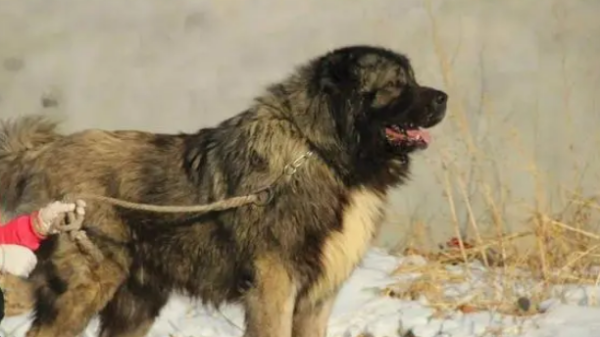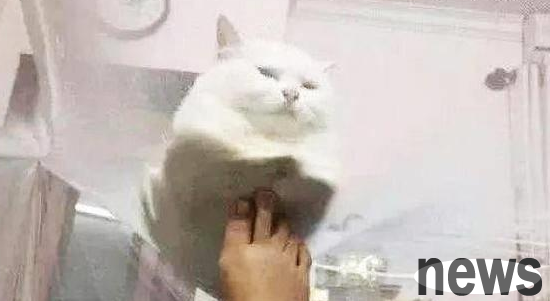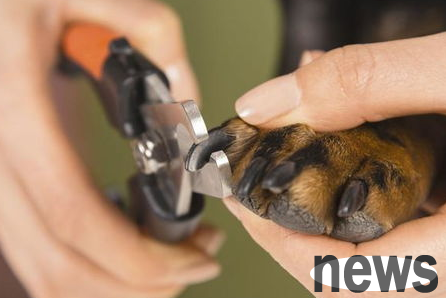What should I do if a cat doesn’t drink water and doesn’t pee? What should I do if a cat stops drinking water?
What should I do if a cat doesn’t drink water and doesn’t pee? Cats are a common pet in our lives and we provide them with food and water, but what should we do when cats don’t drink water and don’t pee? First of all, we need to understand the reasons why cats don’t drink water and don’t pee.
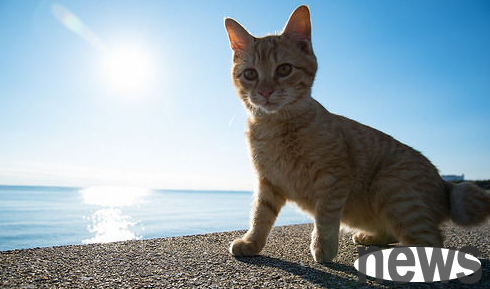
In many cases, this may be because the cat has diseases, such as kidney disease, urinary tract infection, etc.
These diseases can cause a decrease in the amount of urine in cats, manifested as not drinking water or not urinating.
If you find that your cat doesn't drink water and doesn't pee, the first step is to take it to the veterinarian.
The veterinarian will conduct a checkup to determine whether the cat has a disease and give treatment advice.
If a cat has kidney disease, the veterinarian will recommend that you give your cat low in protein foods, which can reduce the burden on the kidneys.
If the cat suffers from a urinary tract infection, the veterinarian will prescribe some antibiotics to the cat and recommend drinking more water.
In addition to diseases, another reason why cats do not drink water and do not pee is that the environment they are in is not suitable.
Some cats may prefer to drink water in containers rather than water in water bowls.
You can try changing a water container for the cat to see if it is willing to drink water.
In addition, a cat may also be reluctant to drink water because the ambient temperature in it is too high and the water may become stale.
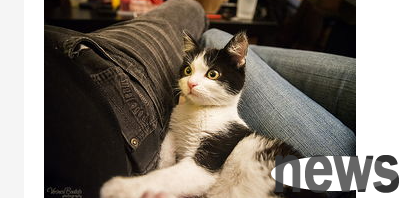
You can place a water basin where your cat likes, change the water regularly to ensure the water is fresh, and provide a cool environment for your cat in hot weather.
While treating, we can also do some daily health care work for the cat.
For example, provide a comprehensive and nutritious diet to avoid feeding cats unhealthy foods such as salt, sugar, fat, etc.
In addition, check the cat's physical condition regularly, such as weight, hair color, scratching, etc. to ensure that the cat is in a good physical condition.
In short, when you find that your cat doesn't drink water and doesn't pee, you need to take it to the veterinarian as soon as possible.
Determine the cat's health and take corresponding treatment measures.
At the same time, it is also necessary to dig out the reasons why cats do not drink water and do their best to let them drink fresh water.
We need to provide the best care for cats to ensure they live a healthy and happy life.

